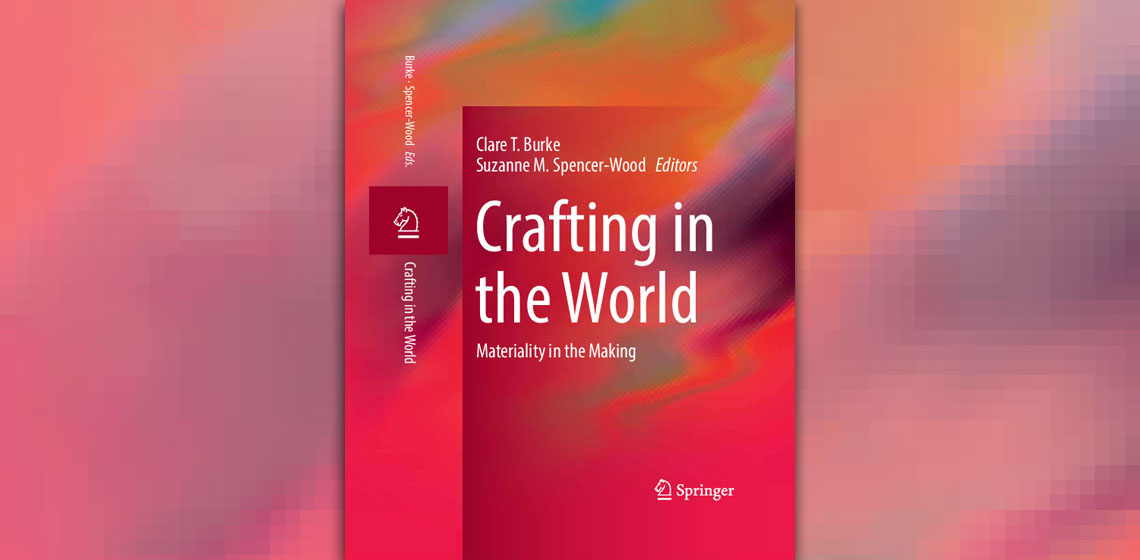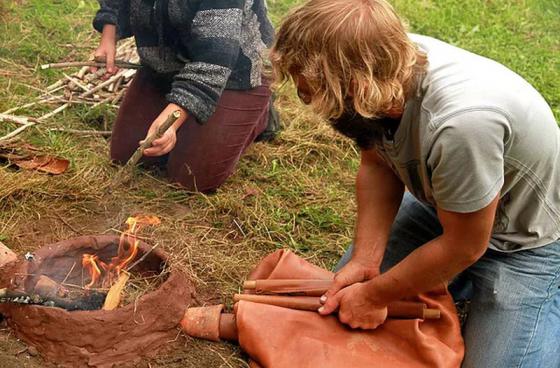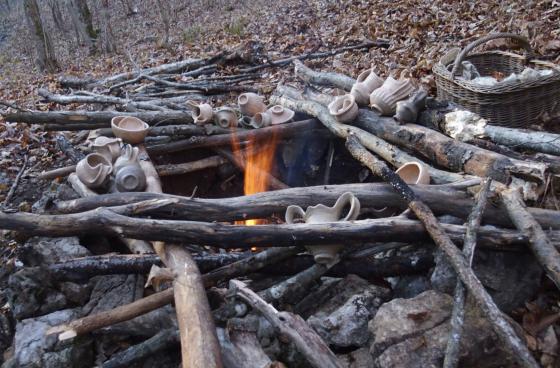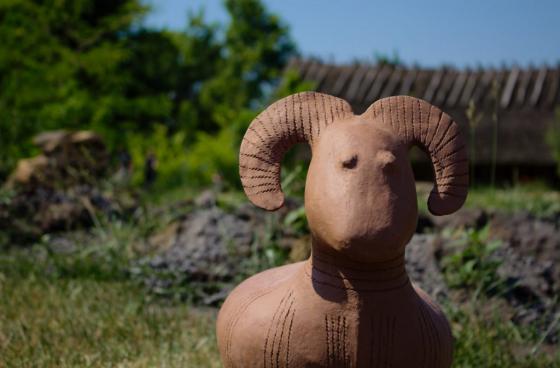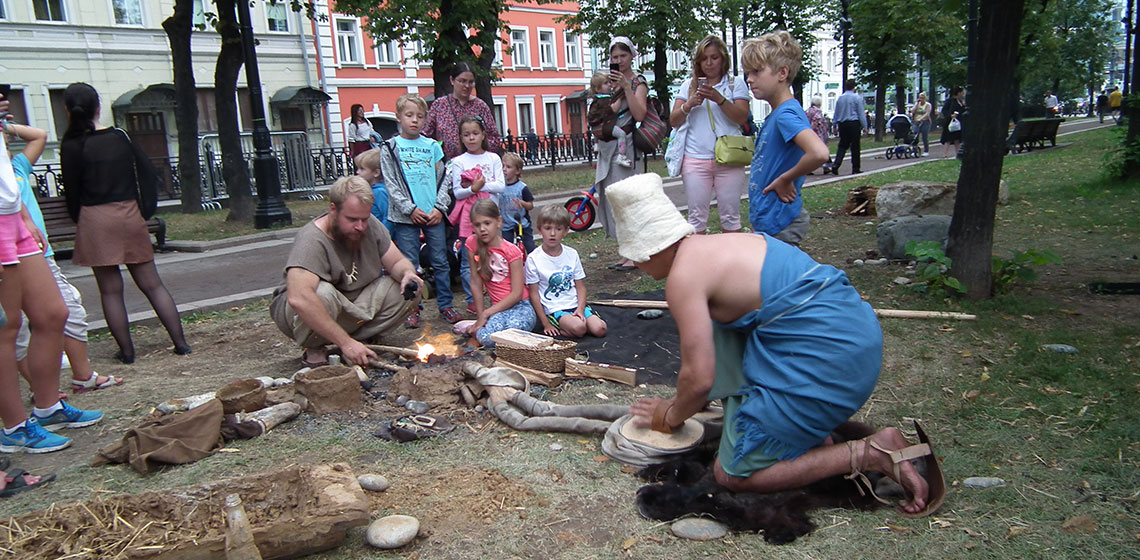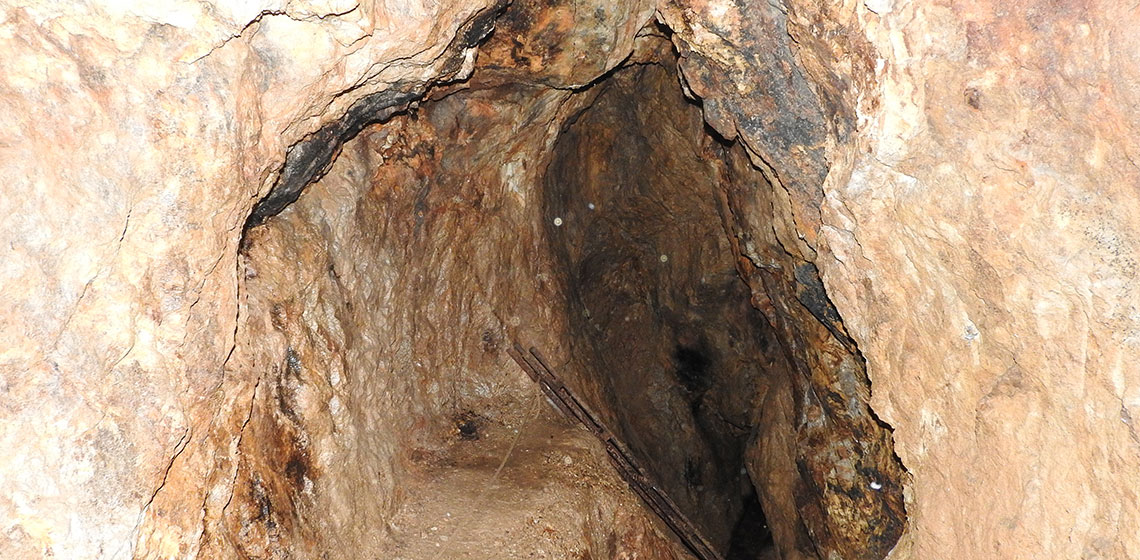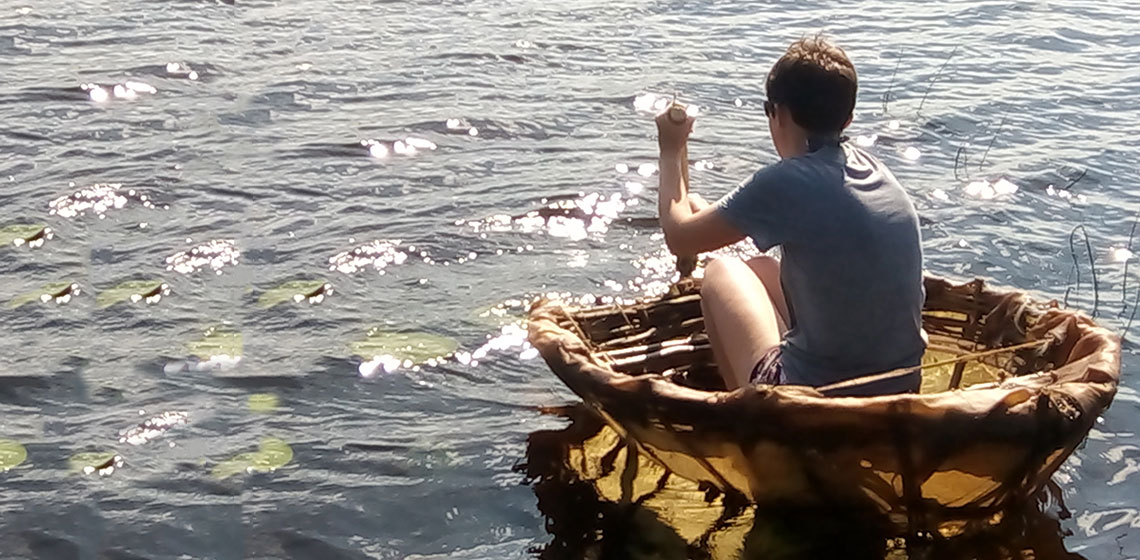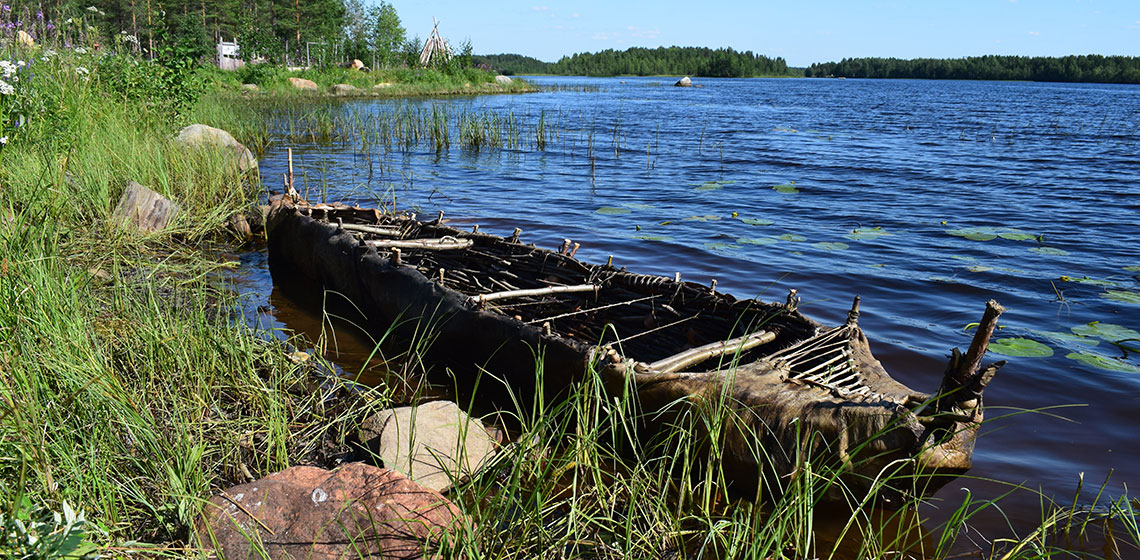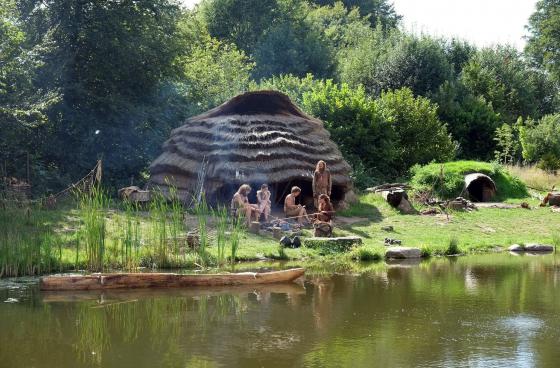Neolithic
Book Review: Crafting in the World, Materiality in the Making by Burke and Spencer-Wood
Trial By Fire Conference
Country
- United Kingdom
Free to attend. Fire always leaves its mark and a wealth of information behind. This conference aims to explore these events by bringing together ideas from across archaeological and anthropological sub-disciplines. Registration now extended until 31 March 2019.
Where: UCL Institute of Archaeology, 31-34 Gordon Square, Kings Cross, London WC1H 0PY, UK
Flint Knapping Symposium
Country
- Italy
The thirteenth edition of the Flint Knapping Symposium will take place this year. The practical annual conference in training and continuing education is dedicated to professionals in the field of flint knapping. The program will take place from May 29 to June 1, 2019 at the archeoParc in Val Senales valley, with work sessions planned as well as excursions to the surrounding area.
Session Experimental Archaeology in the Balkans: Summa Summarum
Country
- Serbia
Until recently, in the Balkans, experimental archaeology was not considered as something that could contribute to science. For decades, this useful and fruitful branch of archaeology represents a genuine scientific discipline in a number of western and central European countries, as well as in Russia.
Archaeological Spring in Biskupin
Country
- Poland
We will open the new tourist season with a bang! We invite you for a picnic to Biskupin. "Archaeological spring" is an event during which our park wakes up after the winter and teems with new spring life. Exhibitors and workshops will be waiting for visitors, including flintstone, prehistoric and early medieval weaving, pottery, and making decorati
Event Review: EXARC at the Times and Epochs Festival, Moscow, Russia
The Variation of Elastic Modulus and Changes of Structures and Mineral Phases in Rocks as Parameters for the Identification of Fire-Setting in Ancient Mines
The Construction of a Skin-on-Frame Coracle at Kierikki Stone Age Centre
The Construction of a Skin-on-Frame Canoe at Kierikki Stone Age Centre, Finland, as a Medium for Group Training in Ancient Skills and Experiential Learning
Open Monument Day
Country
- Germany
Special tours on "Neolithisation: The social change from hunter to farmer" at 13.00, 14.00 and 15.00 o' clock, meeting point at the parking lot.

